Speakers & Panel Chairs
Speakers:
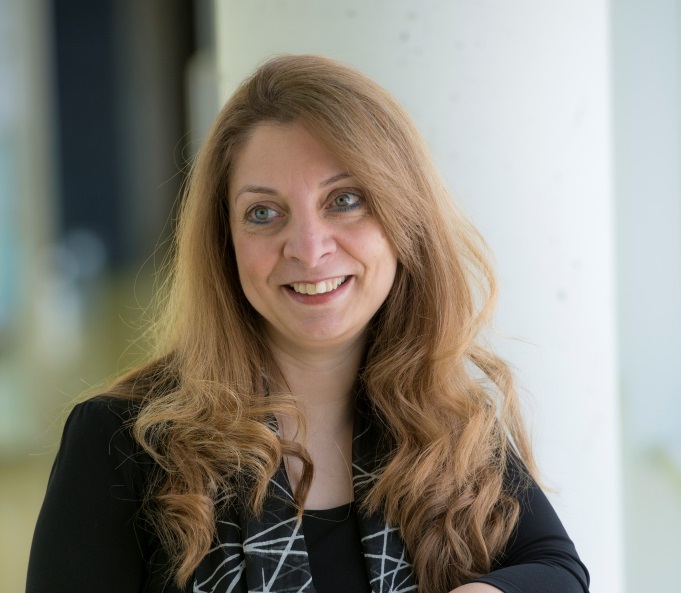
Dr. Jackline Wahba
Professor – Economics Department, University of Southampton
Jackline Wahba is a Professor of Economics at the University of Southampton. She is a member of the UK Migration Advisory Committee (MAC). She obtained her PhD from the Department of Economics at the University of Southampton. She is an economist with substantial experience in international migration and labour markets. She has published in several leading Economics journals. She leads the migration strand within the ESRC-funded Centre for Population Change (CPC) at Southampton. She has acted as an advisor to several international organisations, including the EC, World Bank, and OECD. She is also the Chair of the Economic Research Forum Advisory Board. She is a Research Fellow of IZA, CReAM, and ERF, a member of the Scientific International Migration Panel of IUSSP and the Managing Editor of the IZA Journal of Labor & Development.
“The Effects of Return Migration on Origin Countries”
This keynote speech will provide an overview on return migration. It will begin by documenting the extent of return migration and showing that it is far from negligible. It will discuss briefly the data challenges and the methodological hurdles in measuring return migration. It will then provide a coherent framework on the determinants of return migration. Focusing then on the role played by returnees in the economic development of their country of origin, it will draw together the small-scattered literature on the contribution of return migration in reducing credit constraints, allowing for brain circulation and gains, and transmitting of norms to sending economies. Through overseas employment, migrants increase their income, acquire new skills and accumulate savings and assets. When migrants return to their country of origin they represent an inflow of both financial capital through accumulated overseas savings and human capital through their new acquired skills and knowledge from working overseas to the country of origin. Furthermore, returnees bring back new ideas and norms that could potentially impact their social, economic and political behaviour. Finally, the talk will underscore the great need for better data measuring and capturing return migration.
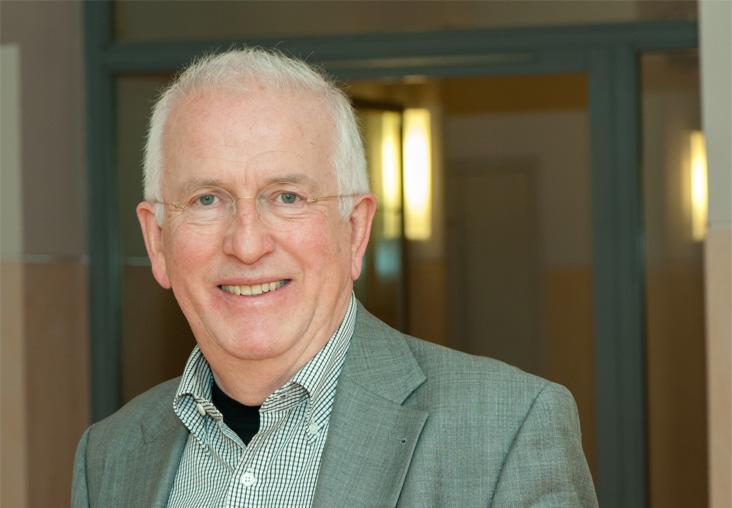
Photo by Jan Flickschu
Dr. Han Entzinger
Professor of Migration and Integration Studies – Erasmus University Rotterdam
Prof. dr. Han Entzinger studied sociology in Leiden, Rotterdam and Strasbourg, and obtained his PhD at Leiden University in 1984. He worked, inter alia, for the International Labour Office (ILO) in Geneva and for the Scientific Council for Government Policy (WRR), a think tank close to the Prime Minister of the Netherlands. From 1986 until 2001 he held a chair in social sciences at Utrecht University, and since 2001 he has been professor of migration and integration studies at Erasmus University Rotterdam.
Han Entzinger has published extensively on migration, integration, multiculturalism and policy issues, often on the basis of his own research. He has consulted national and local governments as well as European and international organisations. From 2010-2013 he chaired the Board of Directors of IMISCOE, the European network of migration research centres. He currently chairs the Scientific Committee of the Fundamental Rights Agency (FRA) of the European Union, based in Vienna.
“Research-Policy Dialogues on Migrant Integration in Europe”
Europe has become a continent of immigration in the course of the last half century, and most European societies have experienced growing ethnic and cultural diversity. Governmental actors have often made great efforts to collect and develop the knowledge and expertise to understand integration processes and to control and steer these. Major differences, however, exist between European countries in the way relations between policy and research on immigrant integration have evolved.
In my presentation I will present the result of a recent comparative study on the development of these research-policy dialogues in a number of EU Member States as well as at the level of the European Union itself. First, I will look at concrete dialogue structures, formal or informal arrangements, such as advisory bodies, through which knowledge is exchanged. Secondly, I will deal with cultures and practices of knowledge utilization in policy processes in different countries. Thirdly, I will focus on cultures of knowledge production in the field of migration research itself.
A central question in this comparative analysis is how the politicisation of migrant integration, which has become visible all over Europe now, has impacted on the development of research-policy dialogues, on the use of knowledge in policymaking and on the production of knowledge for policy purposes.
A key conclusion is that research-policy dialogue structures are increasingly diverse in form, and do not follow any uniform or converging pattern. There is, however, a clear tendency among policymakers to use knowledge more symbolically than instrumentally. This means that knowledge serves more often to substantiate policy arguments and to legitimize policy actors rather than for the direct development of policies and their instrumentalisation. Also, knowledge production tends to become more diversified under politicised conditions.
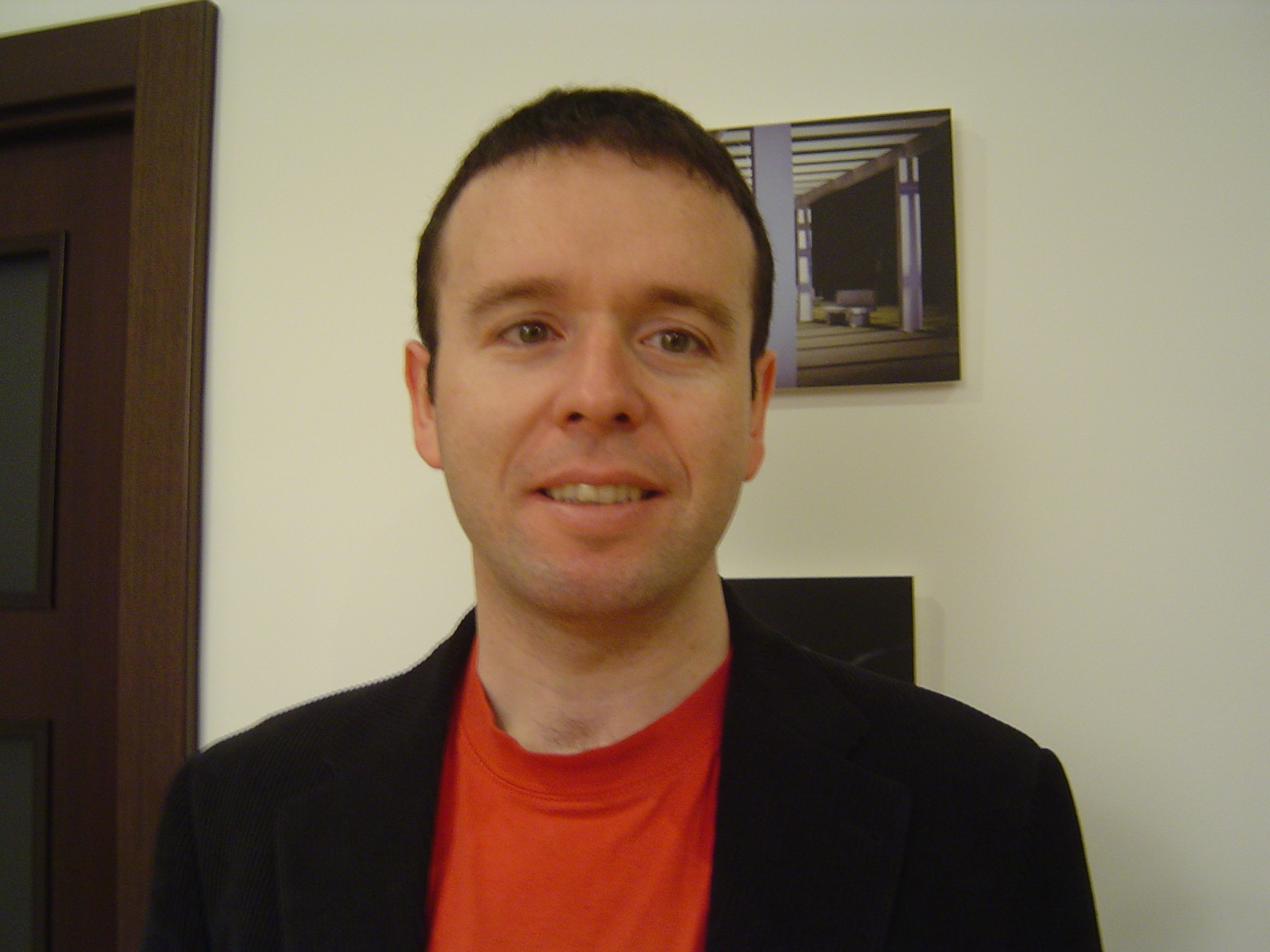
Dr. Jesús Fernández-Huertas Moraga
Associate Professor – Universidad Carlos III de Madrid
Jesús Fernández-Huertas Moraga works as an associate professor at the Universidad Carlos III de Madrid since 2015. He is also a Research Fellow for the Instituto de Análisis Económico (CSIC) and for IZA. He earned a PhD in Economics at the University of Columbia in New York in 2007. His research focuses on the study of international migration from an economic point of view, analyzing the causes and consequences of migration flows both from a theoretical and empirical perspective as well as investigating the coordination of migration policies between countries. His most widely cited publications have appeared at the Review of Economics and Statistics, the Journal of Public Economics and the Journal of Development Economics.
“Borders and Policy Externalities: The Case of the EU Asylum”
While many researchers argue that immigration can generate huge efficiency gains at the world level benefitting both host countries, sending countries and the immigrants themselves, walls continue to be erected to prevent immigrants from arriving into developed countries. I will first show the evidence on the effect of migration barriers and how the decisions of some countries regarding the closure of their borders may end up affecting others, justifying the need for the coordination of migration policies. As an example, the case of the EU Asylum Policy will be considered. In the European Union, the need for coordination for the asylum systems of the Member States beyond the Geneva Convention was recognized in the 1990s. The reform of the Common European Asylum System was accelerated from 2015 as the influx of asylum seekers, mostly from the Syrian Civil War, exceeded one million people in a single year. In addition to the implemented reforms, several authors and institutions have suggested different ways to improve upon the current refugee protection system. My co-author Hillel Rapoport and myself have argued that a system of tradable refugee admission quotas combined with a matching mechanism assigning refugees to their preferred destinations and destinations to their preferred refugees would go a long way in addressing some of the main deficiencies of the current Common European Asylum System.
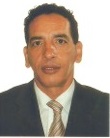
Dr. Abdeslam Marfouk
Researcher – Institut Wallon de l´Evaluation de la Prospective et de la Statistique, and Research Associate – Department of Economics of the University Libre of Brussels
Abdeslam Marfouk is a researcher at the Institut Wallon de l´Evaluation, de la Prospective et de la Statistique and research associate at the department of Economics of the University Libre of Brussels. His research focuses on opinion toward migration, developing countries brain drain, women migration and Islamophobia. He was previously guest scholar at the Institute of Study of International Migration (ISIM), Georgetown University (2006-2007) and at the Center for Comparative immigration Studies (CCIS), University of California, San Diego (2013-2014). His works has appeared in Population and Development Review, World Bank Economic Review, World Development, Journal of Comparative Policy Analysis: Research and Practice, Journal of Higher Education Area, Critique Economique, Revue Economique, and as book chapters. He is member of Editorial Board of journal of Economic Cooperation and Development. Abdeslam received his PhD in Economics from the University of Lille.
“I’m neither racist nor xenophobic, but: Dissecting European attitudes toward ban on Muslims immigration“
In December 2015, the Republican presidential candidate, Donald Trump, called for a complete ban on Muslims from entering the United States. Although, a number of European observers have been shocked by his racist proposal, the available data reveal that a sizeable proportion of Europeans support a similar ban in their own countries, e.g. Czech Republic (56%), Hungary (51%), Estonia (42%), Poland (33%) Portugal (31%) and Austria (21%). In this talk, I will provide evidence that racism and xenophobia play a key role in shaping European attitudes against Muslim immigration. This evidence challenges the discourse of the populist groups, who exploit the “Islamization of Europe” rhetoric successfully and use various pretexts to justify a call for a ban on Muslims immigration, e.g. the threat to security, secularism, democracy, western “identity”, culture and values.

Assistant Professor Bilisuma Dito
Faculty of Ars and Social Sciences, Maastricht University
[Biography]
[Abstract]

Dr. Katharine Jones
Senior Researcher Fellow – Centre for Trust, Peace and Social Relations, University of Coventry
[Biography]
[Abstract]
Panel chairs:
Selective migration and regional economic development

Dr. Monica Roman
Professor – Department of Statistics and Econometrics, Bucharest University of Economic Studies
Dr. Monica Roman holds a position of Full Professor at the Department of Statistics and Econometrics of the Bucharest University of Economics, where she teaches Business Statistics, Econometrics and Quantitative Research Methods. Since 2011 she is affiliated as research fellow at the Institute for the Study of Labor (IZA) Bonn and at the Central European Labour Studies Institute in Bratislava. Her research interests are related to the economics of international migration, labor and demographic economics, regional studies and transition economies, public policy evaluation. Monica has coordinated as principal investigator five research grants on migration and labor issues financed by the Romanian Government or by the European Commission and she is the “MOVE” Project responsible (Grant no. 649263, financed through the Horizon 2020 Programme), on behalf of the Bucharest University of Economic Studies. She has also published two books on Romanian migration and more than 20 articles in peer reviewed journals such Journal of Comparative Economics, Panoeconomicus, Journal of Identity and Migration Studies, Journal for the Study of Religions and Ideologies, Theoretical and Applied Economics.
Civil society contributions to challenging migration policy and practice
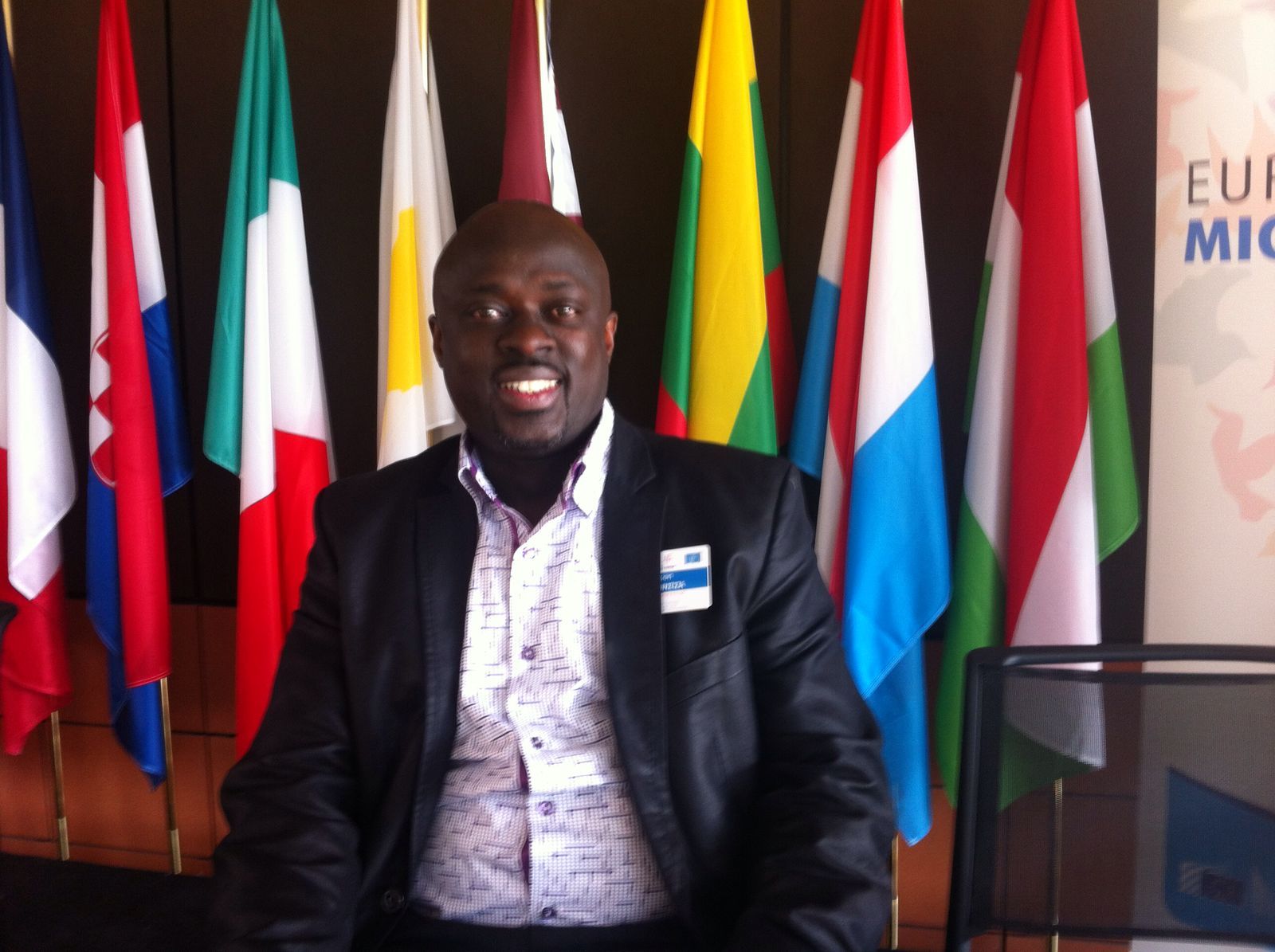
Mr. Wilson Nkurunziza
Director – Visible Outcomes
Wilson Nkurunziza has a Master’s Degree in Social Work and Director of Visible Outcomes a Non-Government Organisation based within Salford University. The Organisation has a primary aim of educating people and integrating Asylum seekers, refugees and Migrants.Previous to this he has worked as Volunteer Co-Ordinator/Development worker at Refugee Action a national charity commissioned to resettle the most vulnerable refugees from refugee camps in Africa and Asia who come through Gateway Protection Programme operated by the UK Board Agency in partnership with United High Commissioner for Refugees (UNHCR).
He chairs Salford Forum for Refugees and People seeking Asylum an Umbrella of different Refugee Community Organisations with main aim of increasing the voice of their beneficiaries through positive engagement with service providers, research, raising awareness, advocacy and Campaign.
He has worked with different stakeholders on two piece of research to investigate the barriers faced by refugees and asylum seekers to access ESOL classes, Employment, Higher Education focusing on the experience of those who have been granted Discretionary Leave to remain by the Home Office.
Recently he has presented papers at National Social Worker Conference JSWEC and FACE Conferences. He has also published a paper entitled Transgressing the Boarders of Social Work Education. He has participated on two different occasions in consultation Forum organised by European Union in Brussels to discuss issues related to Migration in Europe.
Labour and skills shortages and the economics of migration
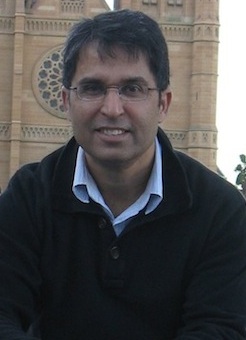
Dr. Matloob Piracha
Associate Professor – School of Economics, University of Kent
Matloob Piracha is a Senior Lecturer (Associate Professor) in Economics. He graduated with BS (Electrical Engineering) and MA degrees from Ohio University and was awarded PhD in Economics by the University of Exeter. His main research area is migration, with special emphasis on different aspects of temporary migration (which includes short-term/repeat/circular migration) and remittances and their impact at both micro and macro level. It therefore contributes to the academic as well as policy debates about the role of migration and remittances at the individual/household level and in the overall development process of the migrant sending countries. He is also a Research Fellow of the Institute for the Study of Labor (IZA), Bonn.
Impact of migration on social welfare
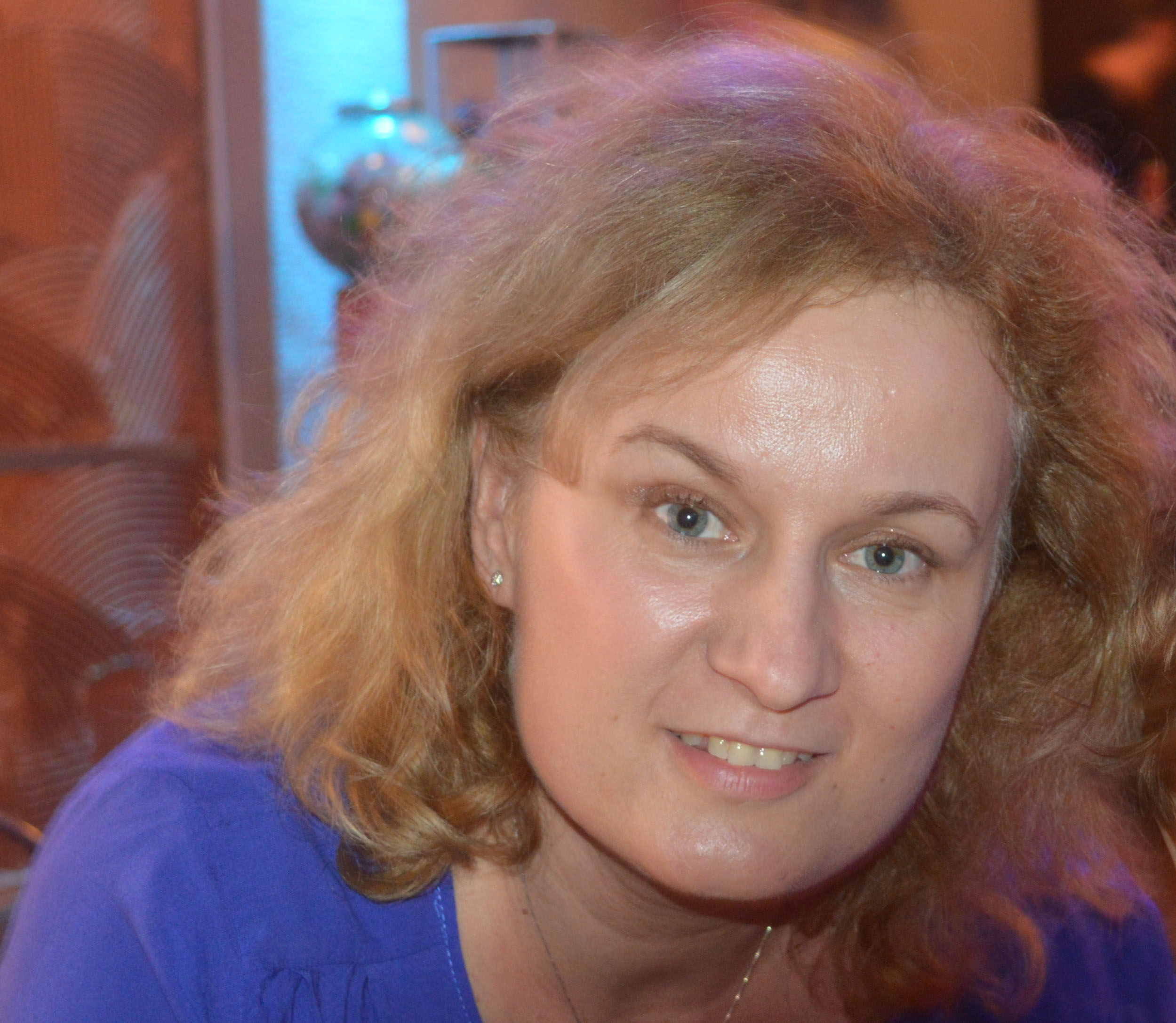
Dr. Ana Maria Preoteasa
Senior researcher - Research Institute for Quality of Life, Romanian Academy
Ana Maria Preoteasa, Ph.D. in Sociology (University of Bucharest, 2009), is a senior researcher with the Research Institute for Quality of Life, Romanian Academy. Her expertise regards the areas of social policy, employment and migration. She was involved in several national and international research projects regarding employment quality and policies, poverty, migration and vulnerable groups. She worked as coordinator or researcher in several academic projects, involving comparative and longitudinal analysis, and the use of both quantitative and qualitative methods. The most recent projects are Migrants' life courses: dealing with uncertain, highly destandardized biographies in Romania (2016-2018, Universitatea Lucian Blaga Sibiu, coordinator Ionela Vlase) and Transitions toward working life of young adults issued from child protection institutions. A life-course approach" ICCV (2015-2018). She is author or co-author of more than 30 articles, chapters and books.

